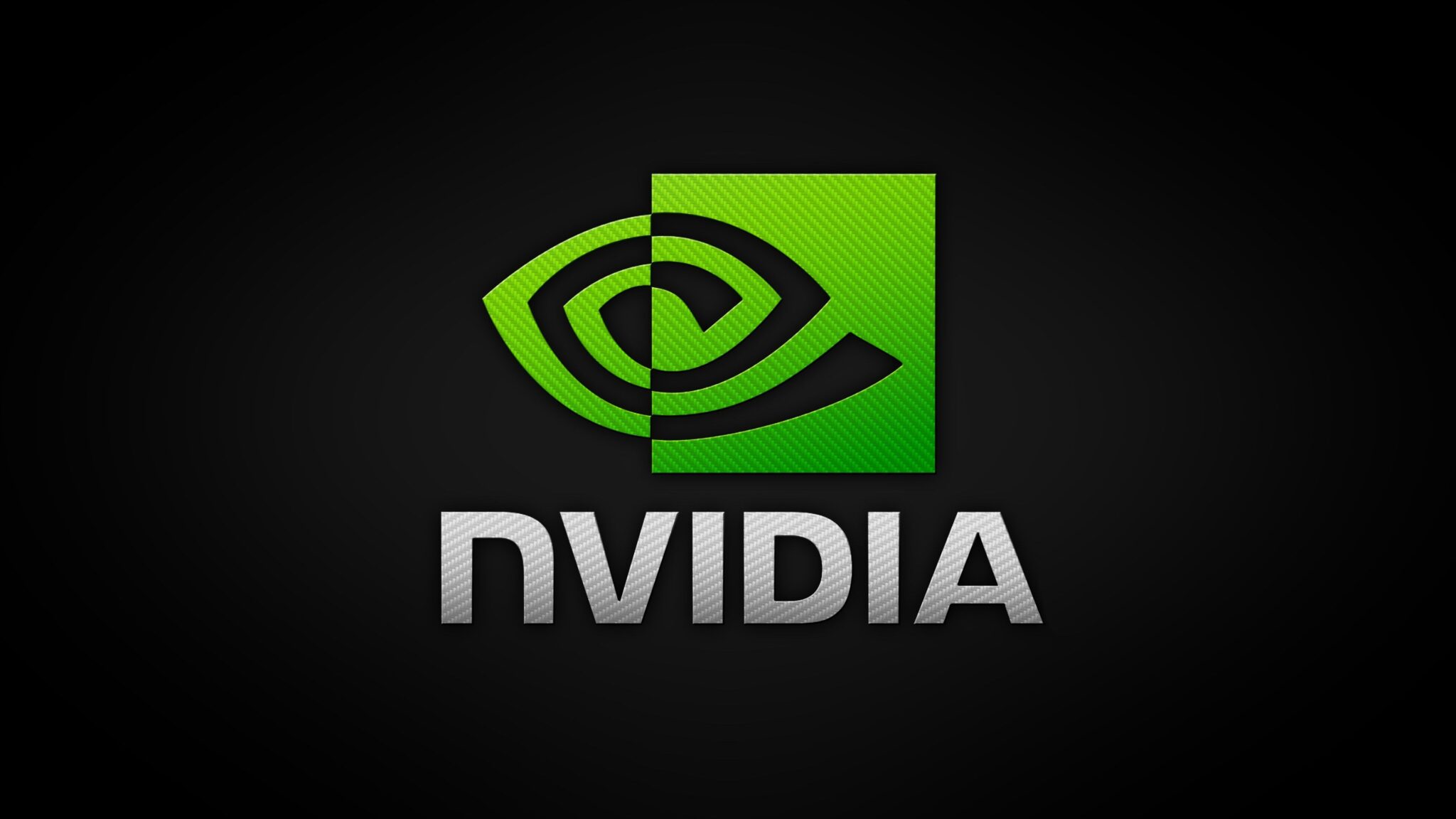China’s top internet watchdog has raised red flags about the Nvidia H20 chip, the U.S.-approved artificial intelligence chip meant for the Chinese market. The Cyberspace Administration of China (CAC) has reportedly summoned Nvidia to clarify whether the chip poses any risks to national security. Officials are questioning if the H20 contains potential backdoors, remote shutdown features, location tracking, or other tools that could secretly collect data or compromise users.
This comes just weeks after the United States reversed its export ban on the H20, allowing Nvidia to resume shipments. The H20 was specifically designed by Nvidia to comply with U.S. trade rules after Washington imposed limits on AI chip exports to China in 2023. While it is not as powerful as Nvidia’s high-end H100 or Blackwell chips, it’s powerful enough for many AI training and inference tasks.
So far, the chip has been a commercial success in China. Analysts estimate that the H20 generated as much as $17 billion in revenue and accounted for around 13% of Nvidia’s total sales in 2024. Chinese tech firms reportedly placed orders for 300,000 more units just this month, in anticipation of higher demand. But now, China is tapping the brakes.
The CAC has asked Nvidia to provide supporting documentation to prove that the H20 doesn’t compromise user safety or privacy. According to report the Chinese government is concerned about past U.S. legislation that proposed certain chips especially those sold under export restrictions, be fitted with tracking or kill-switch capabilities.
It’s unclear whether this regulatory move could delay shipments or result in stricter inspections at the port of entry. So far, Nvidia hasn’t publicly responded to the summons or the ongoing review.
Related: U.S. Puts Brakes on 1 Billion Dollar Nvidia Chip Deal With UAE Over China Fears.
While this situation unfolds, Chinese AI chip rivals like Huawei and Cambricon could benefit. If the H20 loses traction due to security concerns, domestic firms could fill the gap and strengthen China’s self-reliance in AI hardware.







